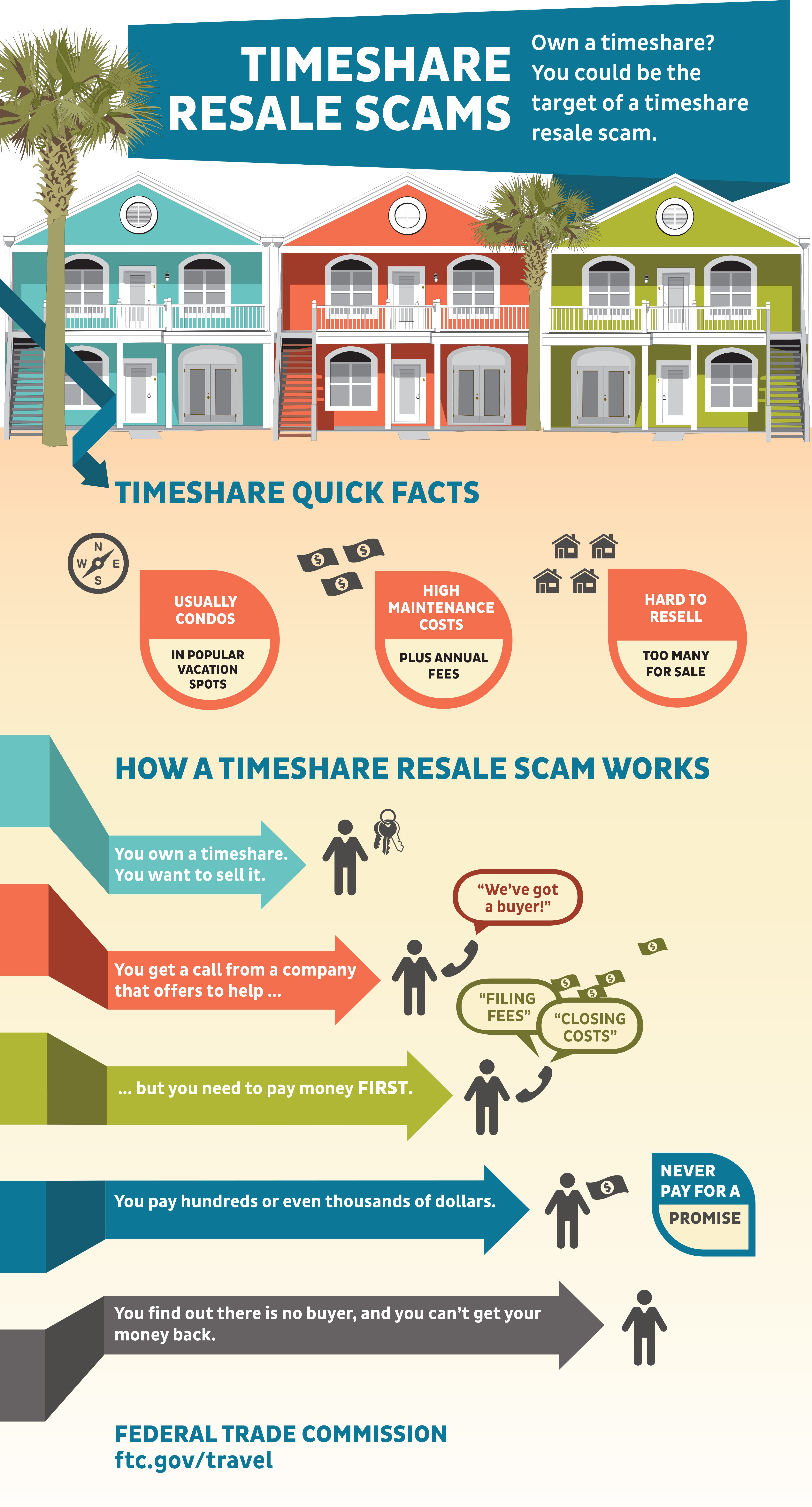"Ideally consumers and real estate agents understand the distinction between the ability to qualify for a house and the ability to preserve and genuinely afford it now," says Home page Sharga. In addition to people who lost their homes, lending institutions and contractors experienced remarkable monetary pain, states Herbert. "That discomfort has left them more risk averse, so lenders are more mindful when offering funding to customers and to builders," says Herbert.
"Much of the items that started the crisis aren't around and the practices that started http://manueljzho222.simplesite.com/450806743 it are badly constrained," says Fratantoni. Among those house owners who lost their home to a short sale or foreclosure, about 35 percent have actually now purchased another house, according to CoreLogic. how to become a commercial real estate agent. "That means that 65 percent didn't return," says Frank Nothaft, primary economist at CoreLogic in Washington. how long does it take to get a real estate license.

"Low documentation and interest-only loans were alright as a small specific niche for otherwise certified borrowers with specific scenarios," says Nothaft. "The issue was that these risky loans became widely available to subprime customers." About one-third of all home mortgages in 2006 were low or no-documentation loans or subprime loans, states Nothaft - what can i do with a real estate license.
"A foreclosure harms families, neighborhoods, lenders and investors." While regulations such as Dodd-Frank how much does timeshares cost changed the financial world, lending institutions and financiers likewise lost their hunger for risk and have altered their habits, states Sam Khater, chief economist of Freddie Mac in McLean, Va. As an outcome, he states, home mortgage performance is better than it has actually remained in twenty years.